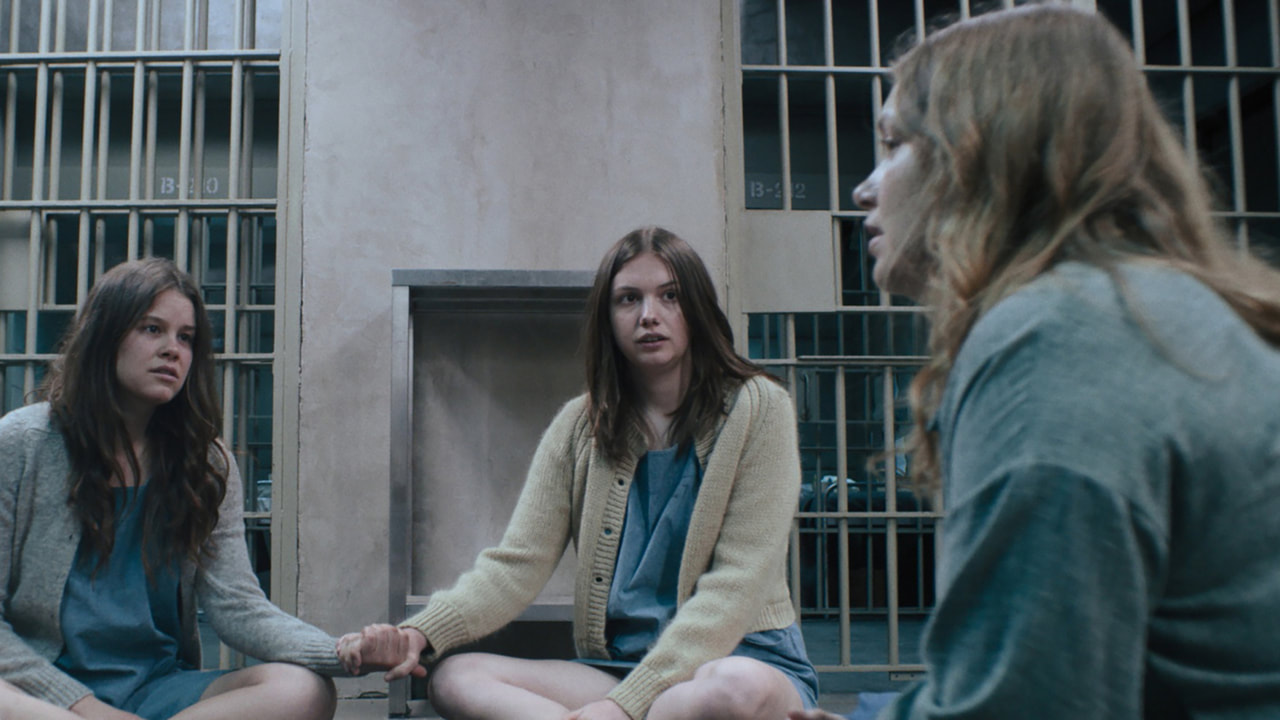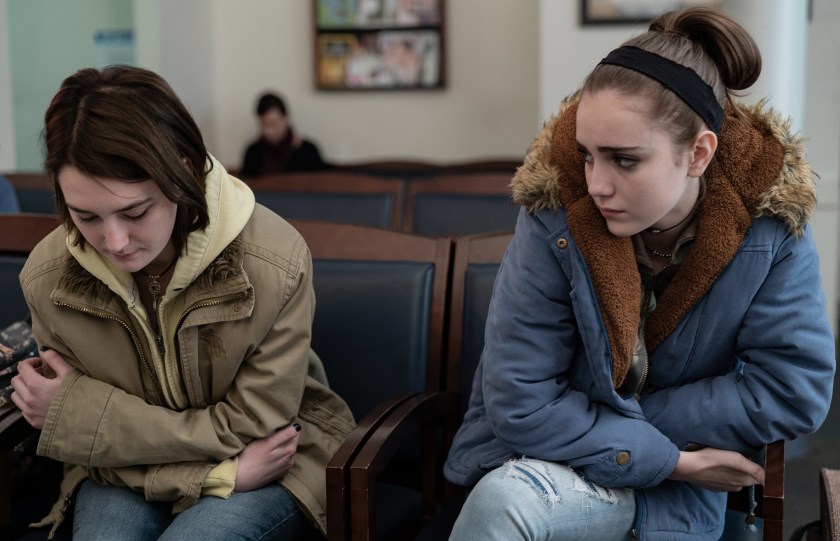|
Mary Harron’s Charlie Says was the first 2019 film to prominently feature the Charlie Manson murders. Specifically focused on the imprisoned Manson women and their induction into Manson’s Family, Charlie Says offers little of the vicious, history-altering catharsis of the second 2019 Manson-adjacent film, Once Upon a Time in Hollywood. In adapting the work of a prison criminologist who worked with the women, Harron identifies that there’s not much to be taken from the whole affair beyond investigation into how it could’ve happened, but a full understanding doesn’t alleviate the guilt and grief of anyone involved. Charlie Says works its melancholy magic as a blow-by-blow construction and destruction of a cult-infected brain and as a rebuke to the wave of true crime that imagines all of this as exploitative rubber-necking.
0 Comments
Eliza Hittman continues her realist deep-dive into the subverbal misery of the American teen with Never Rarely Sometimes Always. More procedural than earlier films It Felt Like Love and Beach Rats, both of which lived entirely in the psyches of their protagonists as they acted out sexually, Hittman’s latest follows a young woman as she takes steps to quietly terminate a pregnancy. The film focuses on protagonist Autumn’s attempts to solve a problem, where Hittman previously made her bones on the leadup to riskier and riskier behavior. Never Rarely Sometimes Always loses some emotional and character beats in its step-by-step recreation of something that’s made more difficult than it should be, but it’s another strong outing from a director who has yet to make anything less than a compelling and piercing portrait of American adolescence.
|
Side PiecesRandom projects from the MMC Universe. Categories
All
Archives
April 2023
|


 RSS Feed
RSS Feed